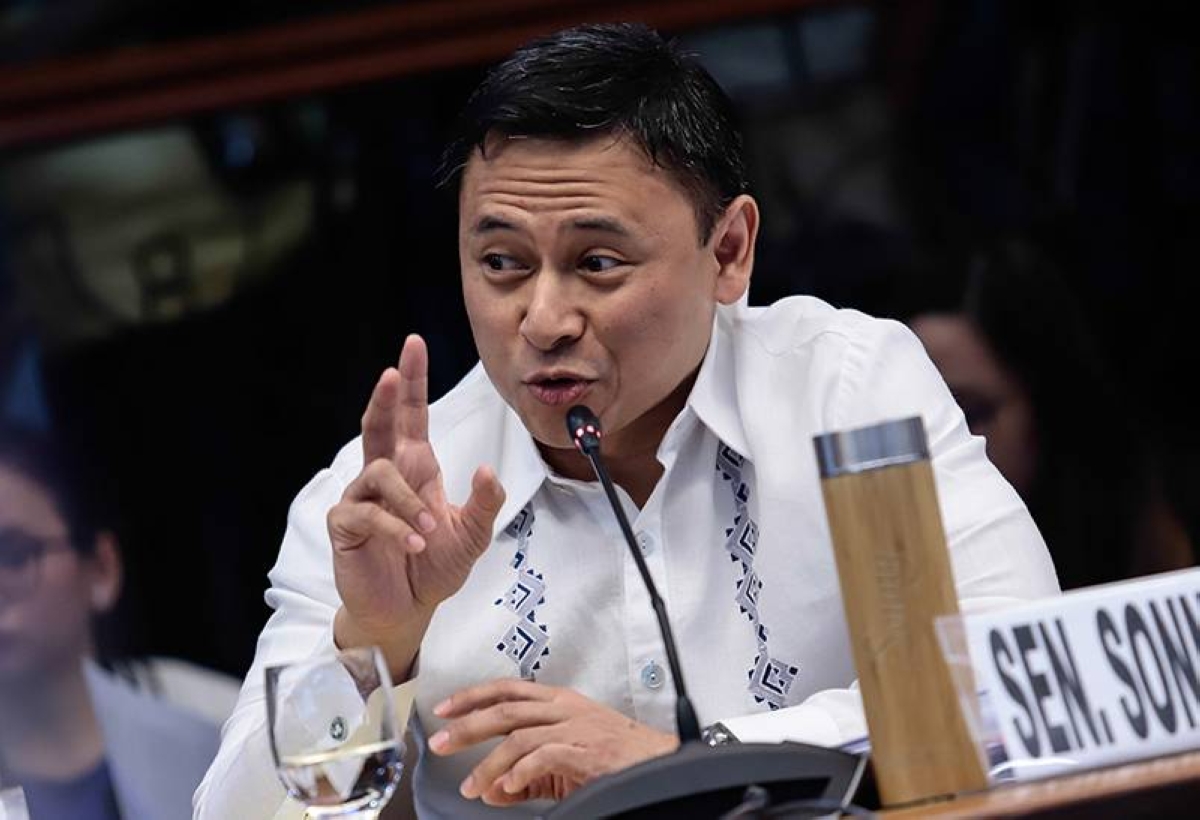Amendment to the Government Procurement Reform Act: Enhancing Public Service and Combating Corruption
SEN. Juan Edgardo “Sonny” Angara has emphasized the urgent need to amend the 20-year-old Government Procurement Reform Act (GPRA) in order to enhance public service and eliminate corruption. Recognizing the importance of these amendments, the chairman of the Senate Committee on Finance, Sen. Angara, sponsored the committee report on Senate Bill (SB) 2593, which will initiate debates in the plenary.
The proposed amendments to the GPRA aim to bring about greater efficiency in the implementation of projects, purchase of goods and supplies, and reduce avenues for corruption. One of the key provisions is the requirement for agencies to institute better planning and early procurement activities. By doing so, the government can streamline the procurement process and ensure timely delivery of goods and services.
It is worth noting that the Legislative-Executive Development Advisory Council has identified SB 2593 as a priority measure. This highlights the administration’s awareness of the issues surrounding public procurement. President Ferdinand Marcos Jr. himself has emphasized the importance of pursuing further reforms in the GPRA.
In his recent State of the Nation Address, President Marcos Jr. stressed the need for amendments to make public procurement more effective and transformative. The proposed changes to the GPRA are expected to not only streamline the process but also make it more efficient. By implementing these amendments, the government aims to create a more inclusive procurement process that provides equal opportunities for both big and small players in the market.
Sen. Angara highlighted the current challenges in public procurement, such as the lengthy completion time for the procurement of basic supplies. He also pointed out the lack of true competition among bidders and the procedural constraints that hinder agencies from undertaking procurement activities. These issues have been identified in a 2019 World Bank analysis of Philippine procurement data.
The analysis revealed that by adopting better procurement strategies and policies, the Philippines could potentially save up to 29 percent of the total procurement spend. This significant cost reduction could be achieved by improving the efficiency and effectiveness of the procurement process.
The Benefits of Amending the GPRA
The proposed amendments to the GPRA hold several benefits for the government and the public. By enhancing the efficiency of the procurement process, projects can be implemented more effectively and completed in a timely manner. This will result in improved public service delivery and greater satisfaction among the citizens.
Additionally, the amendments will help combat corruption by reducing opportunities for fraudulent activities. The requirement for better planning and early procurement activities will ensure transparency and accountability in the procurement process. By promoting fair competition among bidders, the government can prevent favoritism and promote integrity.
Moreover, the amendments will create a more inclusive procurement process. Allowing equal opportunities for big and small players will foster a competitive market and encourage innovation. This will not only benefit the government but also stimulate economic growth and development.
Conclusion
The proposed amendments to the Government Procurement Reform Act (GPRA) spearheaded by Sen. Juan Edgardo “Sonny” Angara aim to enhance public service delivery and combat corruption. By streamlining the procurement process and promoting transparency, accountability, and fair competition, the government can achieve greater efficiency and effectiveness in public procurement.
These amendments are crucial for the Philippines to keep up with the changing times and ensure that the government becomes truly transformative. By implementing these changes, the government can save a significant amount of the total procurement spend and provide better services to its citizens.
It is now up to the legislative body to deliberate on Senate Bill (SB) 2593 and work towards the necessary amendments to the GPRA. The future of public procurement in the Philippines hinges on these reforms, and it is imperative that they are carried out to improve governance, promote economic growth, and serve the best interests of the Filipino people.
Source: The Manila Times







